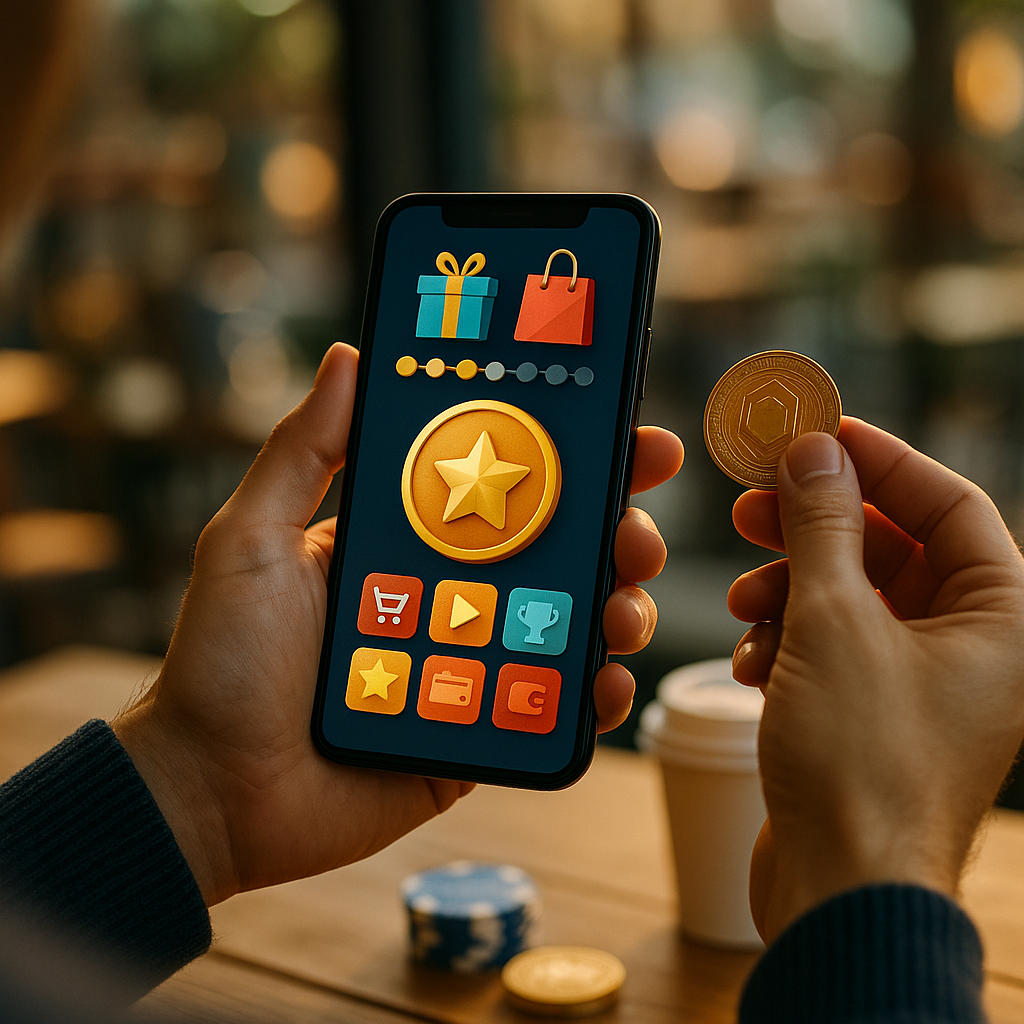The future of brand loyalty is evolving through the integration of gamification and tokenization, reshaping how customers connect with companies. As traditional loyalty programs lose momentum in 2025, brands harness interactive, rewarding experiences that keep users engaged. What’s fueling this transformation, and how can businesses leverage these strategies for lasting loyalty?
Gamification: The Rising Star in Customer Retention
Gamification has become a cornerstone in boosting engagement and building brand loyalty in 2025. By incorporating game-like elements—such as points, badges, and leaderboards—into everyday brand interactions, companies are transforming passive customers into active participants. Gamification taps into basic human desires for achievement, competition, and recognition, making brand experiences memorable and addictive.
According to a 2025 Salesforce survey, 67% of consumers claimed they were likelier to stay loyal to brands integrating transparent and tailored gamification into loyalty programs. This approach drives not only repeat purchases but also higher levels of emotional connection and advocacy.
Tokenization: The Evolution of Digital Rewards
Tokenization stands at the forefront of modern loyalty programs. Leveraging blockchain and secure digital tokens, brands now offer rewards that customers actually own, use, or exchange. Tokens can represent points, discounts, access to exclusive events, or digital collectibles—the possibilities are expanding rapidly.
The unique value proposition of tokenization lies in transparency and flexibility. When customers receive crypto-based loyalty tokens, they can track, transfer, or even cash out their rewards, breaking free from the limitations of points locked within a single ecosystem. A McKinsey report in early 2025 noted that 40% of Gen Z consumers preferred brands offering tokenized assets in their loyalty programs.
Personalization Powered by Data and AI
In 2025, personalization is more than using a customer’s first name in an email. With advanced data analytics and AI, brands now tailor gamified experiences and token rewards to individual interests, behaviors, and purchase history.
For example: a coffee retailer might use AI to recommend bespoke reward challenges—such as “try three new beverages this month for an exclusive NFT token.” This not only increases participation but also builds a stronger sense of brand identity.
Key benefits of AI-powered personalization in gamification and tokenization include:
- Increased engagement due to relevant, timely offers
- Reduced churn as customers feel truly valued
- Accurate reward distribution that matches user preferences
Tokenization for Cross-Brand and Community Loyalty
A compelling advantage of tokenization is its interoperability across brands and platforms in 2025. Instead of accumulating rewards from just one company, consumers can now benefit from a networked ecosystem of participating brands.
This fosters powerful community-driven loyalty, where tokens can be used for:
- Spending across multiple retailers
- Accessing members-only online or offline events
- Exchanging tokens for digital art, collectibles, or limited-edition items
These capabilities are particularly attractive to younger, tech-savvy consumers who value personal connection, digital ownership, and unique experiences.
Brand Trust and Transparency in the Gamified Era
As gamification and tokenization become standard in loyalty programs, trust and transparency are critical. Blockchain technology ensures that token transactions are secure, verifiable, and immutable, addressing common concerns of fraud or manipulation in previous systems.
Brands cultivating trust through open communication about reward structures, token value, and privacy policies are reaping rewards in customer retention and advocacy. According to a 2025 Deloitte poll, 62% of consumers said data privacy around loyalty rewards directly shaped their brand choices.
Implementing Gamification and Tokenization: Strategies for Success
For businesses ready to embrace the future of brand loyalty, execution matters just as much as vision. Leading brands successfully deploy gamification and tokenization by:
- Defining clear objectives for loyalty schemes that focus on repeat business, advocacy, or tiered membership milestones.
- Integrating trusted technology partners with expertise in blockchain, AI, and seamless user experiences.
- Monitoring and iterating loyalty programs using consumer feedback and real-time analytics.
- Ensuring regulatory compliance to protect user data and transactional security.
- Educating customers on how to maximize the value and flexibility of gamified, tokenized loyalty rewards.
FAQs: Future of Brand Loyalty, Gamification, and Tokenization
-
What is gamification in brand loyalty programs?
Gamification integrates features from games, such as points, rewards, or leaderboards, into loyalty programs to encourage active participation and boost customer retention.
-
How does tokenization change traditional loyalty programs?
Tokenization allows loyalty rewards to be issued as digital tokens, often on a blockchain, granting customers ownership and the ability to transfer, trade, or use rewards across brands.
-
Why is personalization important in loyalty programs?
Personalization ensures that loyalty program rewards and experiences match each individual’s preferences, habits, and values, increasing engagement and satisfaction.
-
Are tokenized loyalty rewards secure?
When powered by blockchain technology, tokenized rewards are highly secure, transparent, and resistant to manipulation or fraud.
-
Can small businesses benefit from gamification and tokenization?
Yes. Accessible technology and service providers enable even smaller brands to launch effective gamified, tokenized loyalty programs—boosting engagement and differentiating themselves in competitive markets.
In summary, the future of brand loyalty in 2025 hinges on creative gamification and secure tokenization, forging deeper, more meaningful relationships between consumers and brands. Companies that invest in these dynamic strategies—grounded in personalization, transparency, and technology—will lead the new era of long-lasting customer loyalty.
